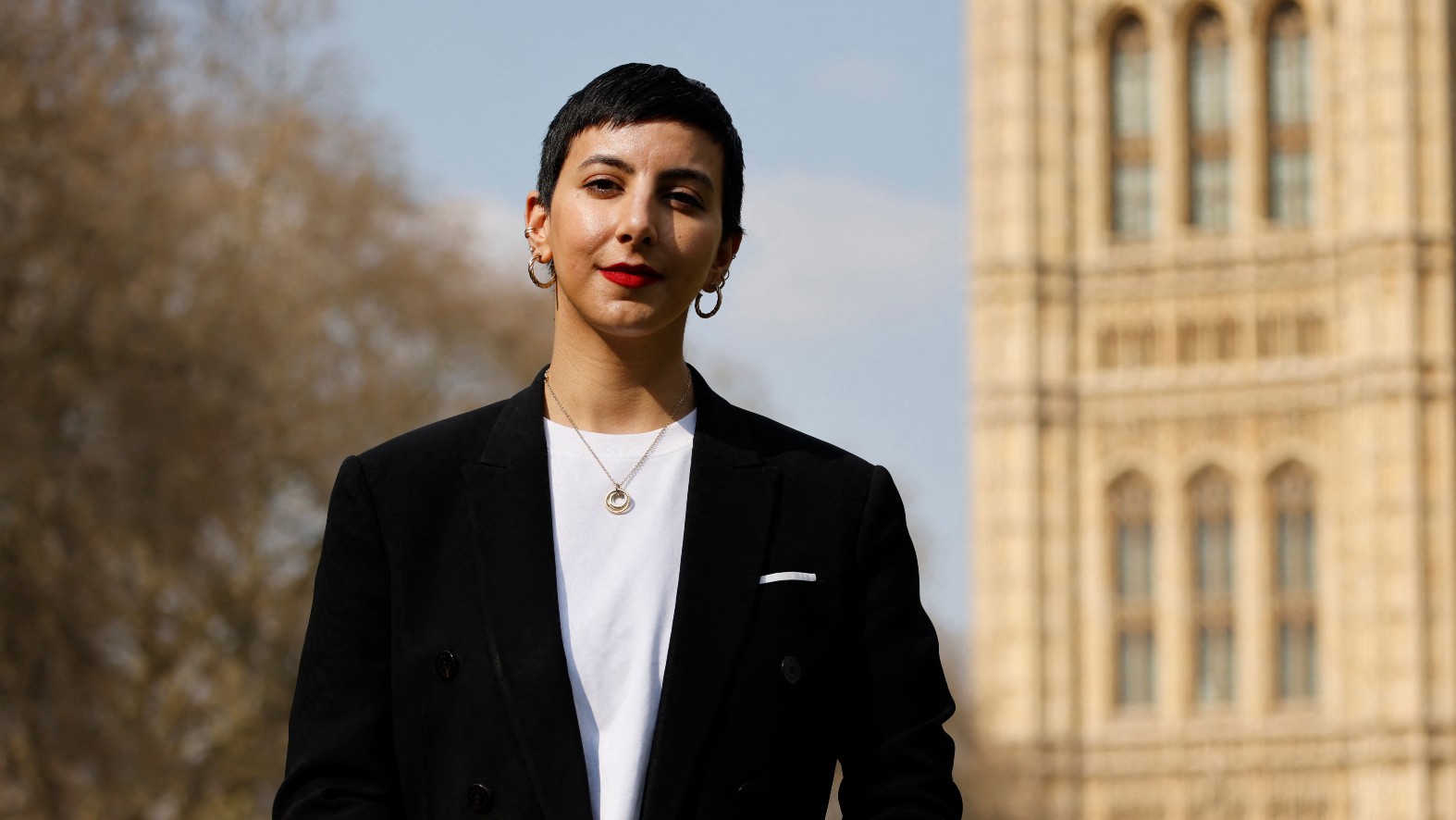Why the minimum marriage age is being raised in England and Wales
New law seeks to stop child brides being forced into wedlock

A free daily email with the biggest news stories of the day – and the best features from TheWeek.com
You are now subscribed
Your newsletter sign-up was successful
The minimum marriage age in England and Wales will be raised to 18 after a backbench bill cleared Parliament without opposition.
The bill, put forward last year by Conservative MP Pauline Latham, is set to receive Royal Assent and become law later this week.
People could previously get married at 16 or 17 if they had parental consent but ministers wanted to change the law in a bid to stop child brides being forced into wedlock, said the Daily Mail.
The Week
Escape your echo chamber. Get the facts behind the news, plus analysis from multiple perspectives.

Sign up for The Week's Free Newsletters
From our morning news briefing to a weekly Good News Newsletter, get the best of The Week delivered directly to your inbox.
From our morning news briefing to a weekly Good News Newsletter, get the best of The Week delivered directly to your inbox.
Seven-year prison sentence
The new law makes it an offence to marry a child, and applies to both registered marriages and unregistered ceremonial events. Adults who facilitate marriage for anyone under the age of 18 could face up to seven years in prison as well as a fine.
The offence would apply to a marriage “whether or not it is carried out in England and Wales”, meaning it would still be an offence to take children out of the country with the intention of carrying out a wedding.
Speaking to The Sun last year about the legislation, Dominic Raab, the Lord Chancellor and Secretary of State for Justice, said that: “forced child marriage ruins lives”.
He added that the bill would “keep vulnerable young people safe”, by “raising the legal age of marriage to 18, and closing gaps in the law which leave them at risk”.
A free daily email with the biggest news stories of the day – and the best features from TheWeek.com
Ending child marriage
Writing on Twitter, campaigner Payzee Malika, who was coerced into marriage at the age of 16, celebrated the news. She said she was “struggling to put into words what this means”.
Malika’s sister, Banaz Mahmod, was murdered in 2006 because she ended a violent and abusive forced marriage. “This is for me, for Banaz, for any child impacted by child marriage”, she added.
Meanwhile, Latham said she was “thrilled” the bill was “on its way to becoming law,” reported the i news site.
The Tory MP said: “Thank you to all those who have supported the campaign to end child marriage once and for all in this country.”
North of the border
The new law does not affect marriages or civil partnerships that took place prior to this legislation and does not apply in Northern Ireland or Scotland, where people can still marry at 16.
A separate forced marriage law, introduced in 2014, made it a criminal offence – punishable by up to seven years in prison – to force someone of any age to marry against his or her will.